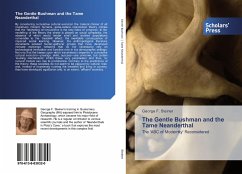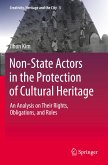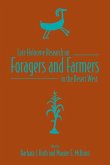By considering cumulative cultural evolution the 'natural choice' of all cognitively modern humans, gene-culture coevolution theory implies that the 'ratcheting' of innovations is the only index of 'progress.' In the modelling of the theory the stress is placed on social complexity, the absence of which would render small and isolated populations vulnerable to the 'treadmill effect,' the inevitable consequence of impaired social learning. However, the anthropological literature documents isolated hunter-gatherer groups that have developed intricate exchange networks that do not necessarily rely on technological innovation and function only in low demographic settings. Not only that the biases upon which transmission depends in cumulative cultural evolution-prestige, skills, success-are unknown, but certain 'leveling mechanisms' inhibit these very parameters and thus, no cultural models can rise to prominence. Contrary to the predictions of the theory, these societies do not seem to be plagued by cultural 'loss' and, instead of hopelessly running the treadmill and living in poverty, they have developed egalitarian and, to an extent, 'affluent' societies.
Hinweis: Dieser Artikel kann nur an eine deutsche Lieferadresse ausgeliefert werden.
Hinweis: Dieser Artikel kann nur an eine deutsche Lieferadresse ausgeliefert werden.








